Mayuri Mokushô
Nacimiento : 1929-10-17, Tokyo, Japan

Yasuko Inouye, Koji's girl
The altered American release of Godzilla Raids Again. Originally meant to be known as the The Volcano Monsters, the film was eventually released as "Gigantis."
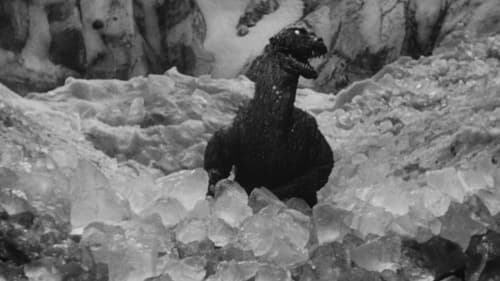
Radio Operator Yasuko Inouye
Godzilla, resucitada por arte de magia tras su muerte al final del primer título, se enfrenta esta vez a un nuevo monstruo, Anguilas, un extraño gigante cuadrúpedo acorazado, y tras destruir parcialmente la ciudad de Osaka, acaba enterrada en el hielo de una pequeña isla a causa de los bombardeos de los aviones del ejército japonés. Segunda película de la saga Godzilla.
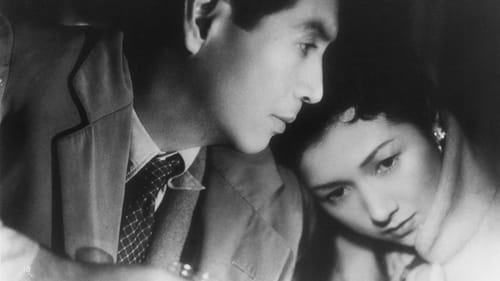
Yukiko y Tomioka fueron amantes durante la II Guerra Mundial, que pasaron en el sudeste asiático. Terminado el conflicto, Yukiko vuelve a Tokio en busca de Tomioka, al que cree divorciado, pero él sigue casado. A partir de ese momento su relación alterna separaciones y reencuentros, mientras otros hombres y mujeres pasan por sus vidas. (FILMAFFINITY)
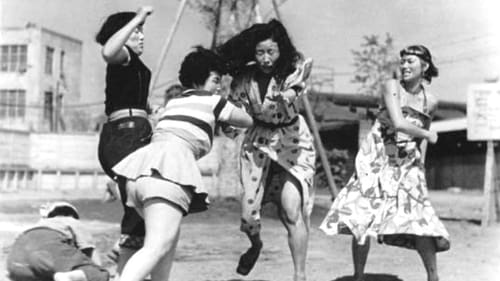
Tsuru, una mujer con problemas mentales, es protegida por Toku y Pinchan, dos hombres que viven en una villa de emergencia, en una zanja al costado de las vías del ferrocarril. La fábrica en la cual trabajaban ha sido cerrada por una huelga, por lo que ambos hombres gastan tiempo y dinero apostando en las carreras de bicicletas. Tsuru trabajaba en una fábrica textil, pero un grupo de jóvenes robó todo el dinero de su indemnización. La particular comunidad de la zanja incluye a Chu, un actor que también está un poco loco, y Hiromi, quien viste siempre un traje elegante y de quien se dice es la amante de un hombre poderoso.

A legendary gangster raises himself out of a small town and gathers followers on his rise to power.

Asahi Shoji's office girl, Aiko Tatebayashi, is a modern girl of Akira herself. The dentist's father has already cleared up his eldest daughter Keiko to Mizukami, but this time Aiko's turn and her sister's wedding greeting card are handy to add a request for the color of her sister's son. However, Aiko, who wants to be herself, uses the help of her friend, private detective Nobuko Migishi, to break through the behavior of the matchmaker, Mrs. Yamaguchi, who is a matchmaker. However, Nobuko's mistress Rokuro Kojima has become sloppy these days, so when Aiko investigated this time, it was found that the cause was Kojima's best friend Hiroshi Minamimura. Aiko was completely indignant at Minamimura's rude attitude of saying what she thought. In the mouth of Mrs. Yamaguchi's match, Mr. Fumio Kaki, the sales manager, is the best candidate.


Toshiko Shiimura
Young Setsuko Fujino begins a new job at Tokyo Chemical Company. She likes her boss, Ippei Hitachi, and enjoys serving him tea, despite the fact that her fellow workers think the women employees should not have to act in such a servile manner. When the women go on strike over the issue, Setsuko finds herself caught in the middle. When the heir to the company, Ryosuke Tanabe, proposes marriage to Setsuko, she is honored, but realizes that her real affection is for Hitachi.

Japanese comedy film.

1950s Japanese comedy.

Taiko
Melodrama by Kon Ichikawa

Vermicelli Obon
Romantic melodrama
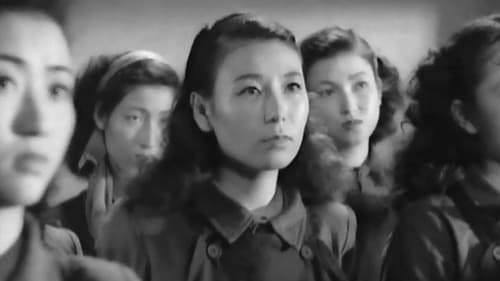
The critical establishment was clearly not prepared to accept a woman's prison film featuring former prostitutes recovering from venereal diseases, unwanted pregnancies, and estranged lovers. With its cat fights, hysterical tantrums, film noir lighting, and dramatic music, White Beast is indicative of the new influences of the Hollywood psychological thriller on Naruse. Caged (John Cromwell, 1950) initiated a cycle of women's prison movies in the United States that may or may not have been shown in Japan, but the stylistics of White Beast draw on the same paranoid woman's films and film noir conventions that preceded the American cycle.

The Angry Street includes a great deal of location shooting in the rebuilt city, including downtown streets, residential neighborhoods, the campus of the University of Tokyo, and the high life of jazzy dance halls. Sudo (Hara Yasumi) and Mori (Uno Jukichi) are two university students who make money by picking up rich girls in dance clubs and conning them into giving them cash. Mori is the brains of the operation, and Sudo is the suave dancer who picks up the girls. Over the course of the film, Sudo becomes involved with three different girls and is drawn into the gangster milieu, which he seems unable to resist even though he is responsible for his mother, grandmother, and sister, Masako (Wakayama Setsuko). In this world of bad boys and girls, Masako is the pillar of strength and moral virtue who finally enables Mori to straighten out.

Miko Kido
An early film by Kon Ichikawa
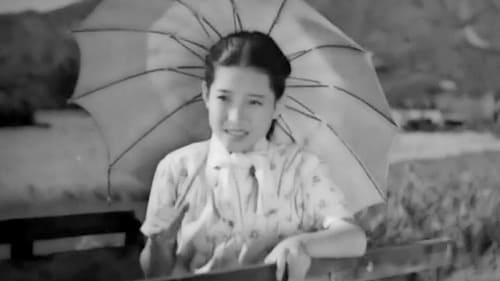
Three humorous love stories set in rural Japan.
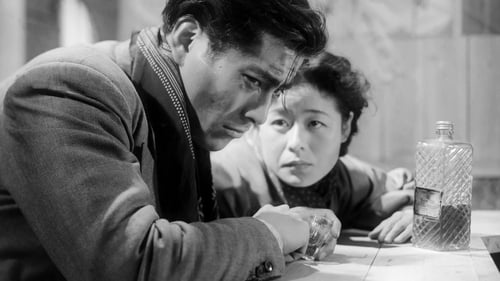
Daughter at Flower Shop
Después de la Segunda Guerra Mundial (1939-1945). Crónica sobre la relación entre un gángster de la mafia japonesa ("yakuza"), enfermo de tuberculosis y el médico alcohólico que lo atiende.

Slice of life film centered around a couple of years in the life of a rural high school girl.








